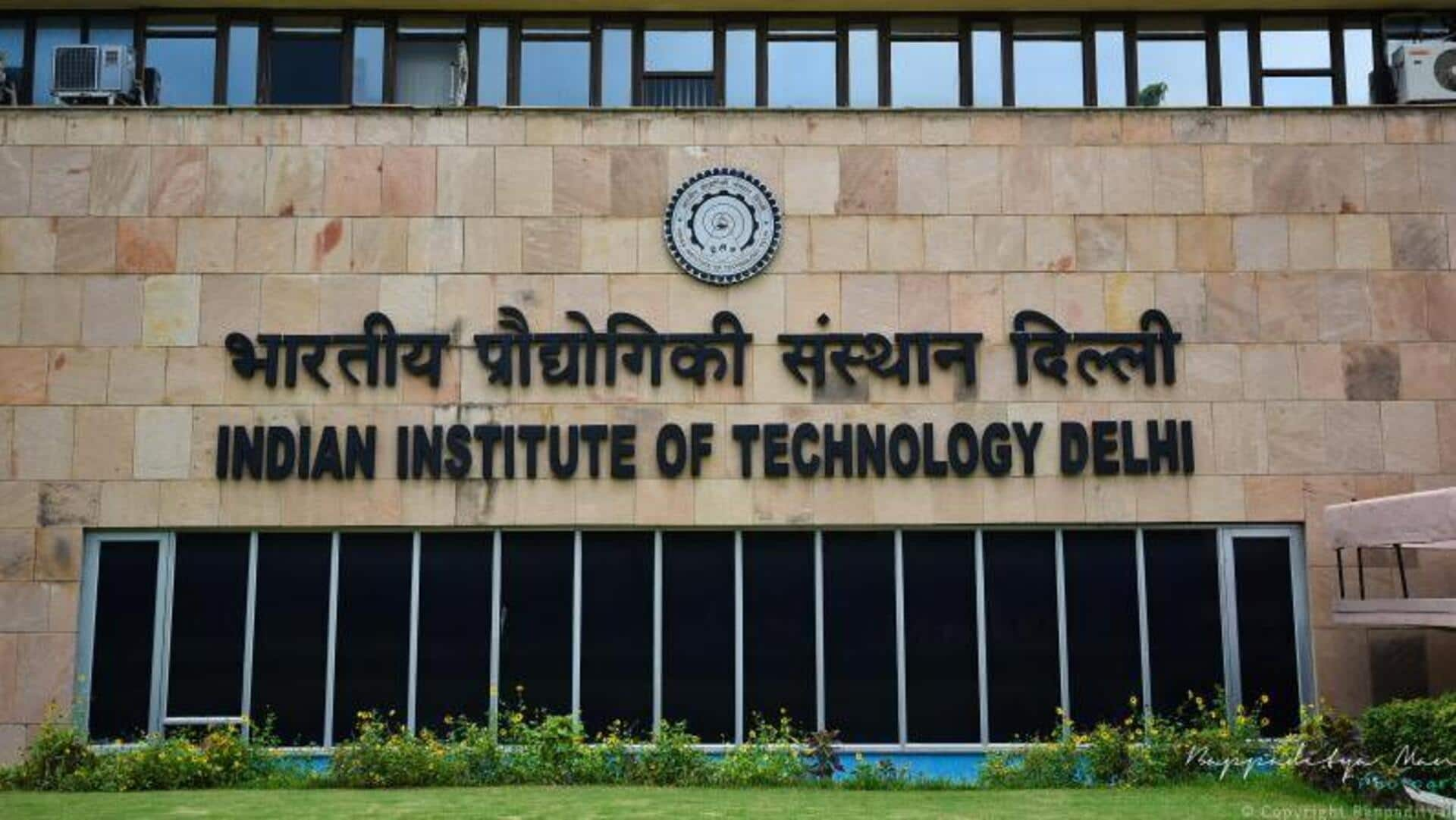
From germ-killing fabrics to robotics, IIT Delhi showcases deep-tech innovations
What's the story
IIT Delhi's FITT Forward 2025 Tech Fest was a celebration of Indian innovation, with start-ups and researchers unveiling technologies that could define the future. The two-day event featured everything from germ-killing fabrics to cutting-edge robotics. It served as a live demonstration for investors, policymakers, and tech enthusiasts on how deep-tech start-ups are changing our lives in unimaginable ways.
Innovation spotlight
Wind turbines for vehicles
Shubham Kumar, founder of Karmic Winds at IIT Delhi, showcased his innovative wind turbine project for buses, lorries, and trains.The turbines generate energy as vehicles move, which is stored in a secondary power bank. This energy can be used on the go or supplied to factory owners at their destination. The team is also working on optimization using carbon fiber plates to improve efficiency.
Textile advancements
Antimicrobial and wellness textiles
A bio-processing breakthrough that transforms regular textiles into herbal wellness garments was one of the major highlights. The event also showcased an antimicrobial fabric specifically designed for the post-pandemic world, capable of killing 99.9% of bacteria and viruses in just half an hour. These innovations highlight the potential of advanced textiles in improving our daily lives and health.
Mobility solutions
Converting scrapped vehicles into EVs
On the mobility front, Tedpole is converting scrapped vehicles into EVs. The company has already delivered more than 10 Gypsies to the Indian Army and several vehicles to a national park in Rajasthan. Shivam Jaiswal of GroKalp H2C NT introduced a composite material that can withstand temperatures as high as 900°C, now under DRDO testing.
Urban innovation
AI for real-time traffic sign detection
One start-up is developing AI that detects traffic signs in real-time, while another is working on camera-based traffic classification systems. An Indian engineering company is powering simulation software for the automotive industry, strengthening India's position in global supply chains. Wireless EV charging also stole the show with Dash Dynamic's Kushi explaining to Firstpost how their solution uses electromagnetic resonance to charge vehicles automatically without plugs or dashboards.
Renewable energy
Perovskite solar cells
P3C Technology and Solutions Pvt. Ltd. showcased perovskite solar cells, "thin, paper-sized solar panels" developed entirely in India. They are flexible and efficient even in low light conditions, making them suitable for installation where conventional solar panels cannot be used. EVA Technologies is building EV charging infrastructure with fully indigenously developed hardware, software, and firmware. The start-up has already sold over 6,000 EV chargers in three to four years.
Medical advancements
Aerogel fabrics and laparoscopic camera holder
IIT Delhi's Textile Department students showcased their use of aerogel, the lightest solid on Earth, to create fabrics that can withstand temperatures as low as -200°C. PhD student Gauri Naik also unveiled a compact laparoscopic camera holder for pediatric surgeries, India's first such device. These innovations highlight the potential of advanced materials and medical technology in improving our daily lives and health.